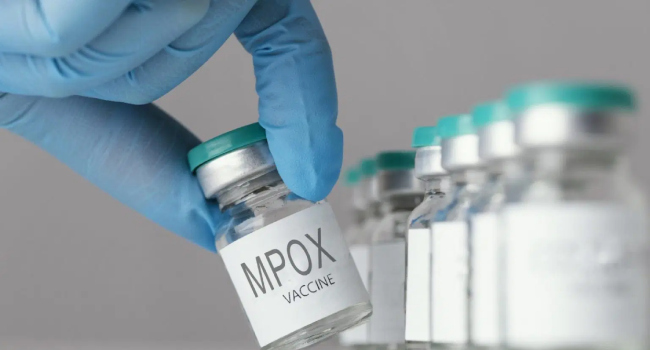WHO approves first diagnostic test for Mpox, boosting global response

The World Health Organization (WHO) has approved the first diagnostic test for mpox, formerly known as monkeypox, marking a significant milestone in combating the virus globally. The Alinity m MPXV assay, manufactured by Abbott Molecular Inc., enables efficient detection of the mpox virus from swabs taken from human lesions.
This development is crucial in the fight against mpox, particularly in Africa, where over 800 people have died across 16 countries. Limited testing capacity and delays in confirming cases have contributed to the virus’s spread. The WHO’s approval aims to expand testing availability in affected countries.
“Mpox causes fever, muscular aches, and large boil-like skin lesions and can be deadly, especially for children, pregnant people, and those with weakened immune systems,” the WHO noted. Transmission occurs through close physical contact with infected animals or individuals.
According to Yukiko Nakatani, WHO Assistant Director-General, “Increasing access to quality-assured medical products is central to our efforts in assisting countries to contain the spread of the virus and protect their people, especially in underserved regions.”
The WHO declared the mpox outbreak a Public Health Emergency of International Concern (PHEIC) due to its rapid spread in Africa and potential global spread. To combat this, the WHO is working with countries and vaccine manufacturers to accelerate vaccine access, particularly for lower-income countries.
Nakatani emphasized that the approval represents a significant milestone in expanding testing availability. “By detecting DNA from pustular or vesicular rash samples, laboratory and health workers can confirm suspected mpox cases efficiently and effectively.”
The WHO’s approval is a vital step in controlling the spread of mpox, and the organization continues to work closely with affected countries, vaccine manufacturers, and healthcare professionals to combat the outbreak.





